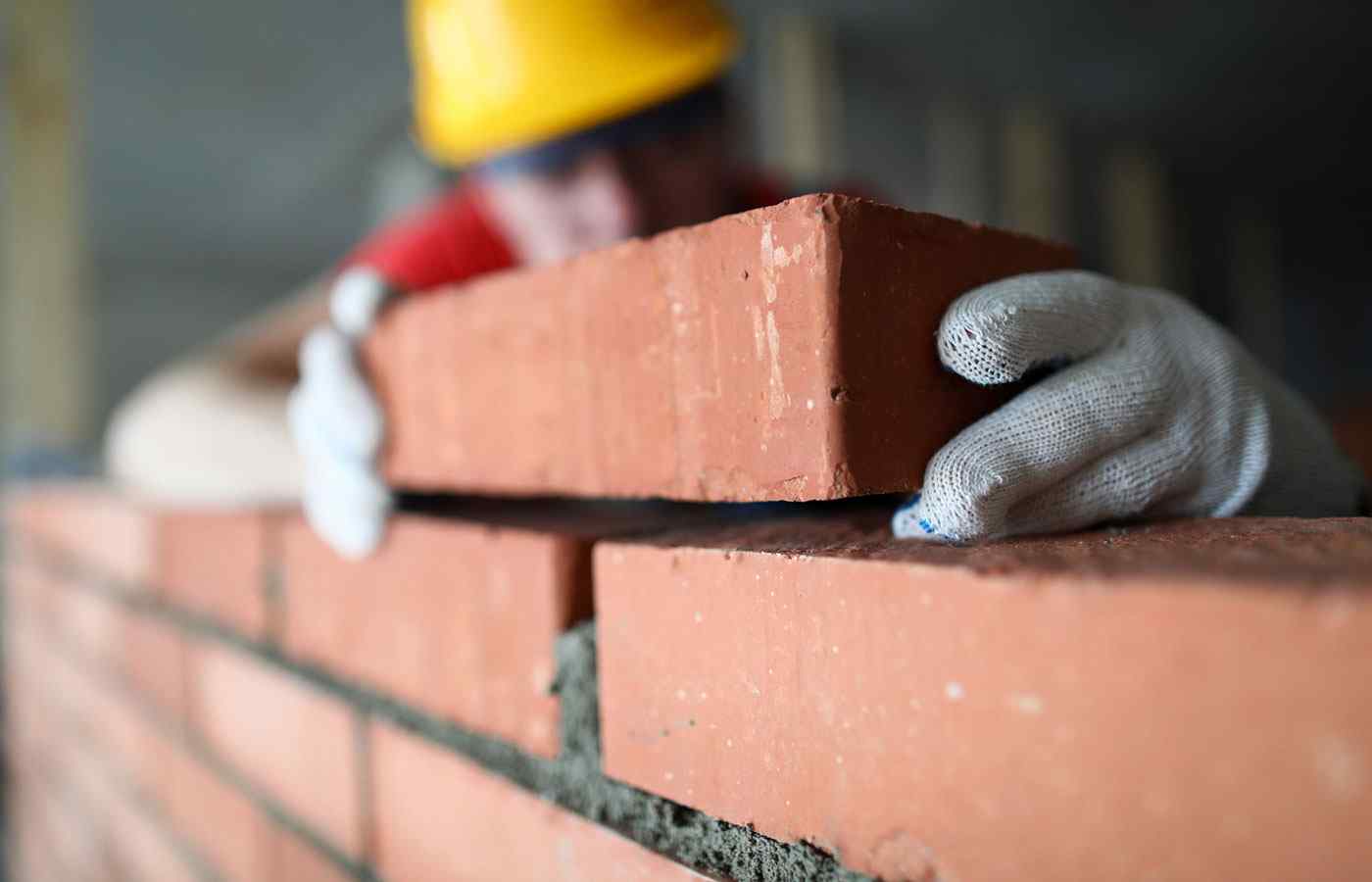CRH Plc (LSE:CRH) shares have taken a bit of a tumble over the last 12 months, falling by over 20%. That’s firmly behind the FTSE 100 index. But does this downward trajectory signal a buying opportunity for my portfolio? Or should I be steering clear of this company?
What does CRH do?
Before looking at the finances, let’s explore what CRH actually does. The firm is a global building company with over 77,400 employees at 3,235 locations in 28 countries.
Its headquarters are located in Dublin, Ireland, and was formed in 1970 following the merger of Cement Ltd and Roadstone Ltd. It then assumed the name of Cement Roadstone Holdings, or CRH for short, before its new shares were listed on the London Stock Exchange.
The group manufactures and distributes building materials for the construction industry. It operates through three segments: Americas Materials, Europe Materials and Building Products. This diverse collection of offerings comes with a diverse customer base, catering to contractors, home builders, and even governments.
What is CRH’s financial position?
Despite what the recent trajectory of CRH shares would indicate, the business has been performing admirably, in my opinion.
As management continues to execute its strategy successfully, sales in the last six months increased by 14% to just under $15bn, while gross profits rose by 10% to around $4.7bn. After some operating efficiency improvements, operating profits landed around 35% higher.
Furthermore, using the proceeds from its divestment of Building Envelop, the company was also able to bring its net debt position down to $4.3bn versus $6bn at the end of 2021.
Needless to say, these results are pretty positive. And with an improving bottom line paired with a strengthening balance sheet, investors may be wondering, why are CRH shares falling?
What is the future of CRH shares?
Today CRH shares have a market capitalisation of around £22.1bn. The stock is trading toward the lower end of its 52-week range of 2,737p and 4,024p, placing the P/E ratio at 9.2.
That certainly seems cheap, considering the results it’s currently producing. And looking at broker forecasts, it would appear some analysts agree, given the average 12-month price target is set for 4,428p.
So why are CRH shares trading at such a large discount? There is a growing level of concern about a slowdown in the UK construction sector. If the worst comes to pass and the United Kingdom falls into a recession, then it’s possible that CRH could have a tough time continuing to deliver double-digit earnings growth.
The fear isn’t entirely unjustified, although it’s worth remembering that CRH has been through these cycles before. And in the past, the severity is less impactful than the duration of any construction slowdown.
But management doesn’t appear to be idle. It continues to restructure its core businesses through acquisitions and divestments. In the last six months alone, it’s invested around $0.9bn in acquisitions while simultaneously raising $3.6bn through six asset disposal deals.
Pairing this activity with a robust balance sheet that has $6.8bn in cash flexibility, I feel investors might be a bit overly pessimistic about the long-term potential of CRH shares.
Is CRH a good share to buy?
I pay attention to the percentage of shares insiders, institutions and the general public ownership in the companies I consider for investment.
Insider ownership often serves as a good proxy for the level of faith insiders have in the future performance of the company. In comparison, institutional ownership shows some form of credibility of the company. With that in mind, institutions own more than half of CRH shares, while insiders own less than 1%.
Another thing I pay attention to is what a company does with excess cash. Usually, companies reinvest excess cash or give it back to shareholders through dividends or share buybacks.
Since 2018, the company has had a total share buyback of $3.7bn. And in 2022 alone, the company have returned nearly $1bn to shareholders through its share buyback programme. Consequently, the total number of shares outstanding has been dropping steadily for more than five years.
As for dividends, the reliability of its bottom line has allowed management to increase its dividend payout for six consecutive years, even during the pandemic.
Investing still has its risks
Even if the construction slowdown doesn’t emerge or isn’t as severe as some investors speculate, CRH shares still have other threats to contend with. There is intense competition stemming from other critical players in the construction industry, such as Cemex, Heidelberg Cement, and Summit Materials, among others.
Furthermore, a higher interest rate environment could cause affect the timeline of new building projects, which could impact future revenue streams.
Nevertheless, the level of cash flow and the liquidity available to the group demonstrates the financial strength and resilience of the company. At least, that’s what I think. And it’s why I consider CRH shares a good long-term investment for my portfolio.
Discover market-beating stock ideas today. Join our Premium investing service to get instant access to analyst opinions, in-depth research, our Moonshot Opportunities, and more. Learn More
Prosper Ambaka does not own shares in any of the companies mentioned. The Money Cog has no position in any of the companies mentioned. Views expressed on the companies and assets mentioned in this article are those of the writer and therefore may differ from the opinions of analysts in The Money Cog Premium services.




